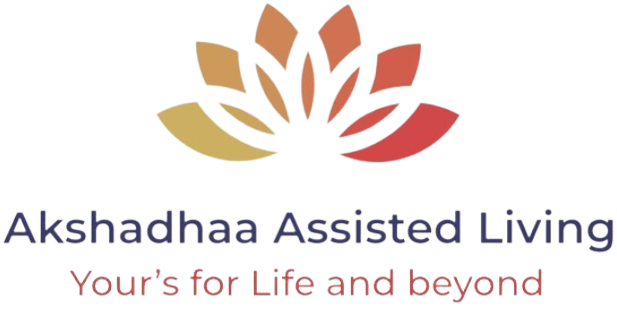Strong organizational culture is the bedrock of a successful enterprise—it reflects shared values, nurtures trust, encourages collaboration, and drives a sense of purpose among employees. A good culture enables individuals in the organisation to feel safe, respected, and empowered to contribute authentically, leading to organisational growth and prosperity.
Organisations must implement structured and long-horizon employee sensitisation programmes to foster a truly progressive workplace culture.
Introducing neurodiversity sensitization into this fabric makes the culture even more progressive and future-ready. When employees are exposed to the nuances of neurodiverse experiences, it fosters deeper empathy, enhances emotional intelligence, and cultivates a more inclusive mindset. Teams begin to value different perspectives, communication styles, and problem-solving approaches, which in turn stimulates innovation and resilience. The shift to accommodating differences in the team—and actively celebrating them—becomes a transformative force. It not only uplifts individuals but also strengthens the collective spirit of the organization.
A lesser-known fact is that Gen Z employees, the future of organisations, are more motivated by causes rather than simple monetary benefits or career advancements. So, championing diversity not only allows organisations to acquire fresh talent but also retain established ones.
Here Are Some Eye-opening Statistics:
- Nearly 20% of the global population is estimated to be neurodiverse.
- According to a report by NIMHANS, around 2.2 million Indians may be considered to be neurodivergent.
- Recent studies also indicate that neurodivergent traits exist on a spectrum, with as many as 30% of individuals exhibiting characteristics associated with various neurodevelopmental conditions—even without formal diagnoses.
This underscores the idea that neurodiversity is a universal aspect of the human condition, emphasizing the need for broader awareness and understanding.
Akshadhaa Foundation’s Inclusive Carnival offers an excellent springboard for this sensitisation and initiating this cultural evolution. Through its compact, gamified format—spanning sensory experiences, inclusive games, simulations, and a solution station—it creates an immediate and lasting impact. In just 20 minutes, participants begin to see and feel the world differently. The result is a more empathetic, cooperative, and aware workforce, where the principles of inclusion and shared success become part of everyday practice.
This activity is both sensitisation and culture-building in action.
Subsequent to the exposure to the Inclusive Carnival, participants often exhibit increased empathy and patience towards colleagues, particularly those from younger generations. They begin to value each other’s contributions—both big and small. The program instills virtues of sharing and understanding, reinforcing the notion that success is not solely about individual achievement but also about collective growth and support. Recognizing that everyone has unique strengths and areas where they may require assistance fosters a culture of mutual aid and inclusivity.
By integrating such programs, organizations take a significant step toward mainstreaming neurodiversity. Such engagement not only enhances the workplace environment but also contributes to the development of well-rounded individuals who are attuned to diverse needs and perspectives.
For a visual overview of the Akshadhaa Foundation’s Inclusive Carnival and its impact, watch the video here:
Inclusive Carnival Video
Going forward, Inclusive Carnival will find a new permanent home at the upcoming Akshadhaa Assisted Living Community.
Footnotes and Sources
- Harvard Business Review. The Culture Factor. Link ↩
- McKinsey & Company. Organizational Health: A Fast Track to Performance Improvement. Link ↩
- Harvard Business Review. Neurodiversity as a Competitive Advantage. Link ↩
- Deloitte Insights. Neurodiversity in the Workplace. Link ↩
- World Economic Forum. Why businesses need to embrace neurodiversity. Link ↩
- 2024 Global Gen Z and Millennial Survey. Link ↩
- McKinsey & Company. What Gen Z really wants from work. Link ↩
- Autism Spectrum Disorder (ASD) Data & Statistics. Link ↩
- National Institute of Mental Health and Neurosciences – India. Link ↩
- National Autistic Society UK. Understanding the Spectrum. Link ↩
- Akshadhaa Foundation. Inclusive Carnival Video. YouTube ↩
Follow us for more insights Linkedin

